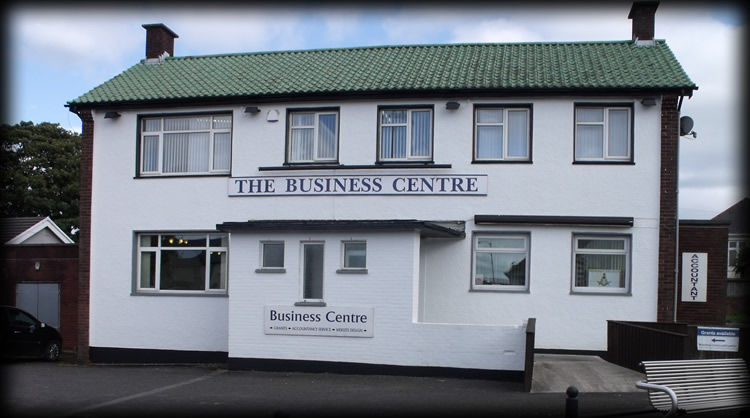Self Assessment.
PAYE or DIY?
When you work as an employee for someone else, your tax is usually dealt with by them under Pay As You Earn – they work it out, take it off your pay before you see it, and send it to HM Revenue & Customs. Most employees don’t have to fill in a tax return or deal directly with the taxman.
All that changes if you start up your own business or if you acquire a source of income on which the tax isn’t paid before you receive it – that’s how most small savers pay their tax on interest and dividends, if you receive rent, you have to pay the tax on that yourself.
When you enter the world of “self assessment” (SA) – the name implies that you can do it yourself, but it’s not easy. Many people use a professional to reduce the pain of dealing with the paperwork and to make sure you claim all your allowances etc;The self assessment can be a daunting document, with hundreds of boxes for different types of income – interest, dividends, salary, business profits, rent and so on – and deductions such as pension contributions, gifts to charity and business expenses.
Where do I begin?
Contact us to register your business.We will complete all the necessary paperwork for the Inland Revenue and check your eligibility for any grant assistance at the same time.
You have to register:-
- Within 3 months, if you start a business;
- By 5 October after the end of the tax year, if you have tax to pay on any other source.
Once registered with us we will take care of your self assessment forms and all other documentation such as working tax credits, V.A.T. and P.A.Y.E.
If you don't register with us or you miss these deadlines, HMRC may charge you a penalty – or you may simply fail to pay your tax on time, in which case you will pay interest.
Reasons for filing in a tax return
The list below sets out the main reasons why they would need to fill in a tax return.
| Self Employment |
They were self-employed for any part of the tax year |
| Partner in a Business Partnership |
They were a partner in a business partnership for any part of the tax year. |
| Company Director |
They were a company director (unless this was a non-profit organisation and they didn't receive payments or benifits). |
| Savings and Investment Income |
They received £10,000 or more in the tax year. |
| Untaxed income |
They received £2,500 or more in the tax year. |
| Income from Property |
They received income from property during the tax year of £10,000 or more (before deducting allowable expenses) or £2,500 or more ( after deducting allowable expenses) |
| Foreign Income that is Liable to UK tax |
They received any foreign income that is liable to UK tax. |
| Employment and Wish to Claim Expenses or Professional Subscriptions |
They were emplyed or a director. They have expenses or professional subscriptions of £2,500 or more to claim. |
| Total Income |
They received income from all sources in the tax year of £100,000 or more. |
| |
|
| |
|
|




